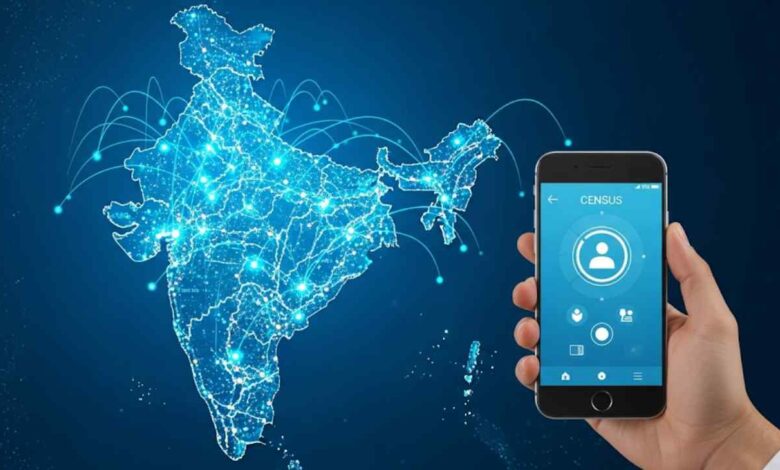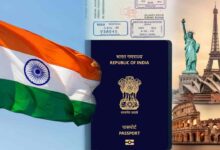Digital Census India: Geotagging to Make Census More Accurate and Precise

Digital Census India: The central government has taken the initiative to make the census more accurate and precise by using geotagging technology. This new step by the Census Commission is set to open a new horizon in the country’s population counting methodology. The main objective of this method is to prevent any individual from being registered multiple times and to collect accurate population statistics. This digital census is expected to make the distribution of the country’s resources and the planning of developmental projects more realistic and effective.
How Will This New Digital Census Work?
In this new method, geospatial technology will be used for census work. Detailed maps of states, districts, and cities are being created for this purpose, with about six lakh maps currently in production. Census workers will collect data through a special mobile app. All information, including the location of each house and the number of residents, will be uploaded with geotagging. This will make it easy to identify each house and eliminate the possibility of double counting.
Census Schedule and Budget
- First Phase: The first phase of the census will run from April 1, 2026, to September 30, 2026. This phase will primarily focus on house listing.
- Second Phase: In February 2027, the second phase will begin, focusing on detailed data collection.
- Final Report: The final population statistics of the country are expected to be released by the end of March or in April 2027.
The central government has allocated ₹8,754 crore for this completely digital census. Approximately 3.4 million workers will be employed for this massive task, and each worker will be paid a remuneration of ₹30,000 to ₹35,000.
Advantages of the New Method
- Accuracy: The use of geotagging will increase the accuracy of the data and eliminate the problem of multiple entries.
- Transparency: The entire process being digital will maintain the transparency of the data.
- Quick Results: Collecting data digitally will make it possible to publish the results faster.
- Better Planning: Accurate population statistics will aid the government in planning and implementing developmental projects.
This initiative will make India’s census system more modern and reliable, which will play a significant role in the overall development of the country.

